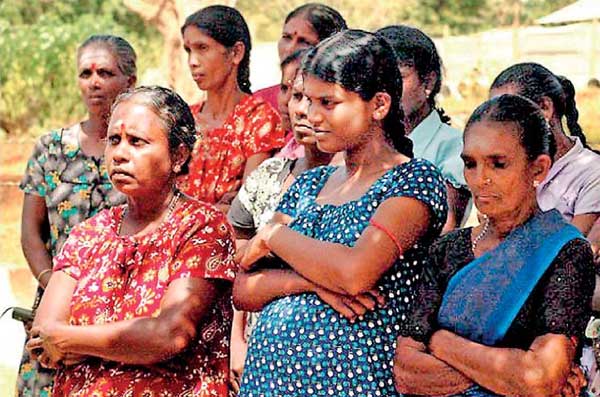Reply To:
Name - Reply Comment
Last Updated : 2024-04-24 16:34:00
.JPG) Young men and women are invaluable assets that no country can afford to waste. They bring energy, talent and creativity to the work together with new skills and the motivation that enable companies to grow, innovate and prosper.Meeting the youth reluctance to work in plantations and related challenges require determined and concerted action plan over time. A joint effort by all stake holders is required to overcome this problem.
Young men and women are invaluable assets that no country can afford to waste. They bring energy, talent and creativity to the work together with new skills and the motivation that enable companies to grow, innovate and prosper.Meeting the youth reluctance to work in plantations and related challenges require determined and concerted action plan over time. A joint effort by all stake holders is required to overcome this problem.

Add comment
Comments will be edited (grammar, spelling and slang) and authorized at the discretion of Daily Mirror online. The website also has the right not to publish selected comments.
Reply To:
Name - Reply Comment
US authorities are currently reviewing the manifest of every cargo aboard MV
On March 26, a couple arriving from Thailand was arrested with 88 live animal
According to villagers from Naula-Moragolla out of 105 families 80 can afford
Is the situation in Sri Lanka so grim that locals harbour hope that they coul